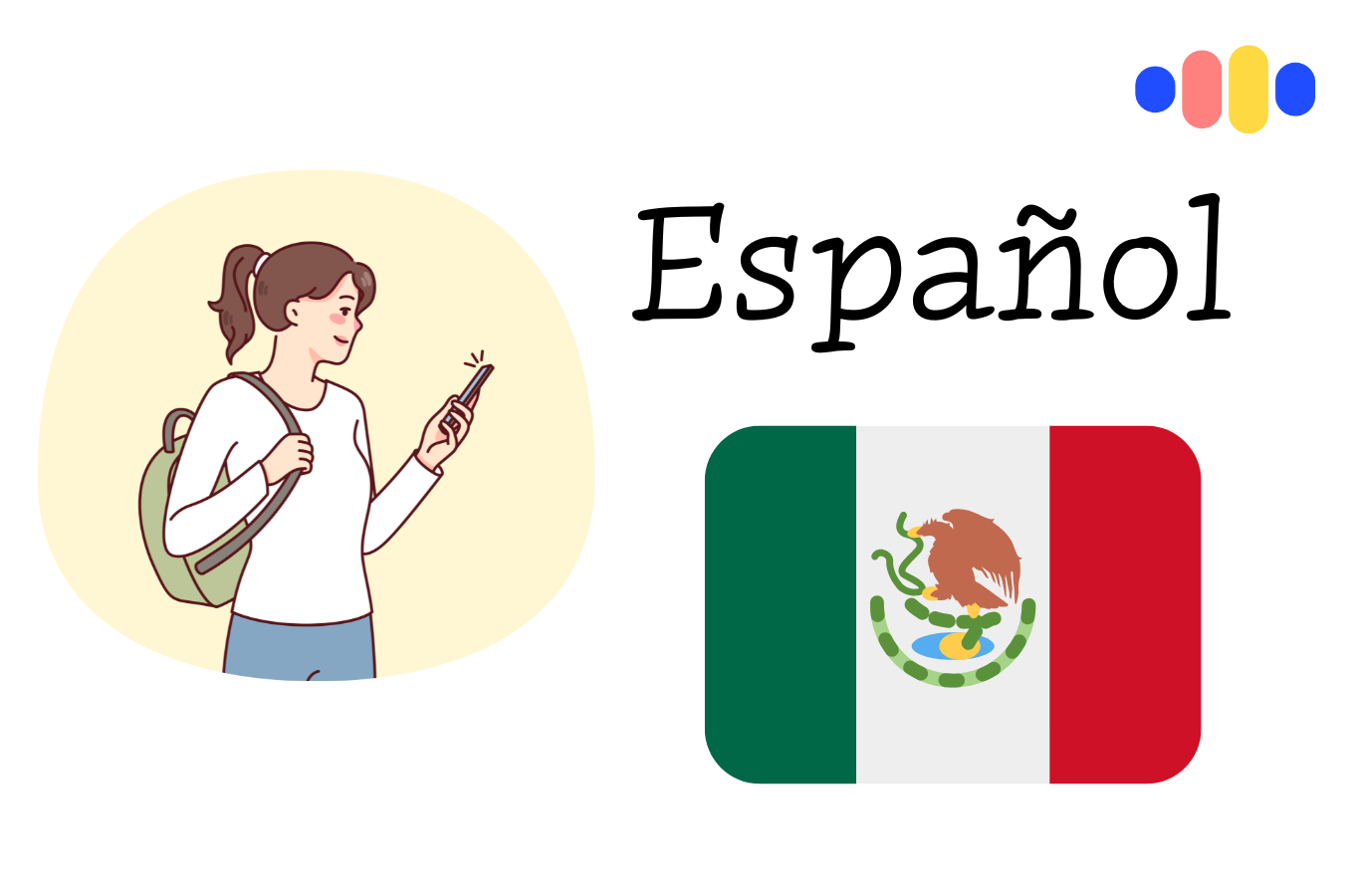Learning Spanish has never been more accessible thanks to the rise of language-learning apps. Whether you’re a beginner, traveler, or aiming for fluency, choosing the right app can make all the difference. In this article, we’ll explore the best app to learn Spanish in 2025 based on features, teaching methods, and user reviews.
Why Learn Spanish Through an App?
Spanish is the second most spoken language in the world by native speakers. With millions eager to learn, apps offer a convenient, cost-effective way to master the language from anywhere. The best app to learn Spanish combines vocabulary training, grammar lessons, speaking practice, and cultural insights.
Top 5 Best Apps to Learn Spanish
1. Duolingo – Gamified Learning for All Levels
Duolingo is often considered the best app to learn Spanish for casual learners. It offers bite-sized lessons with a gamified experience, encouraging daily practice through streaks and rewards.
Pros:
- Free and beginner-friendly
- Interactive lessons
- Fun and addictive interface
Cons:
- Less focus on grammar rules
- Limited speaking practice
2. Babbel – Structured Courses for Serious Learners
Babbel focuses on grammar and conversational Spanish, making it ideal for those who want a deeper understanding. Each lesson is about 10–15 minutes, perfect for busy schedules.
Pros:
- Real-life dialogues
- Grammar explanations
- Personalized review system
Cons:
- Paid subscription
- Less gamification
3. Rosetta Stone – Immersive Learning Approach
Rosetta Stone has long been known as a pioneer in language learning. Its immersive method helps users associate Spanish words with images rather than translations.
Pros:
- Strong pronunciation tools
- Speech recognition technology
- Long-term learning focus
Cons:
- Expensive compared to others
- Might be slow for fast learners
4. Busuu – Practice with Native Speakers
Busuu offers Spanish courses with the unique feature of interaction with native speakers. Learners can submit written or spoken exercises and get feedback from real people.
Pros:
- Native speaker feedback
- Offline access
- Grammar and vocabulary focus
Cons:
- Some content behind paywall
- Smaller lesson library
5. LingQ – Learn Through Reading and Listening
LingQ is perfect for intermediate to advanced learners. It lets users learn Spanish through authentic content like podcasts, news articles, and audiobooks.
Pros:
- Learn from real-world content
- Custom vocabulary tools
- Tracks word exposure
Cons:
- Not ideal for beginners
- Interface can be overwhelming
Final Verdict: Which is the Best App to Learn Spanish?
The best app to learn Spanish really depends on your goals:
- For beginners: Duolingo or Babbel
- For immersive learning: Rosetta Stone
- For real-world interaction: Busuu
- For advanced learners: LingQ
No matter which one you choose, consistency is key. Daily practice, real-life conversations, and a mix of reading, writing, and speaking will fast-track your Spanish fluency.
Faqs
1. What is the best app to learn Spanish for beginners?
Duolingo is often considered the best app for beginners learning Spanish due to its gamified lessons, interactive exercises, and user-friendly interface.
2. Is Babbel better than Duolingo for learning Spanish?
Babbel is better for learners seeking structured, grammar-focused lessons and real-life conversation practice. Duolingo is ideal for casual learners or those looking to build vocabulary and consistency through daily practice.
3. Can I become fluent in Spanish using just an app?
Apps like Rosetta Stone, Babbel, and Pimsleur can take you to an intermediate or conversational level, but fluency usually requires additional exposure like speaking with native speakers, immersion, or formal education.
4. Are there free apps to learn Spanish effectively?
Yes, Duolingo and Memrise offer effective free versions. They provide vocabulary building, pronunciation practice, and quizzes, though premium features may require a subscription.
5. Which app is best for practicing Spanish speaking skills?
Pimsleur and Mondly are great for speaking practice. They emphasize audio-based learning and speech recognition to help users develop correct pronunciation and fluency.



